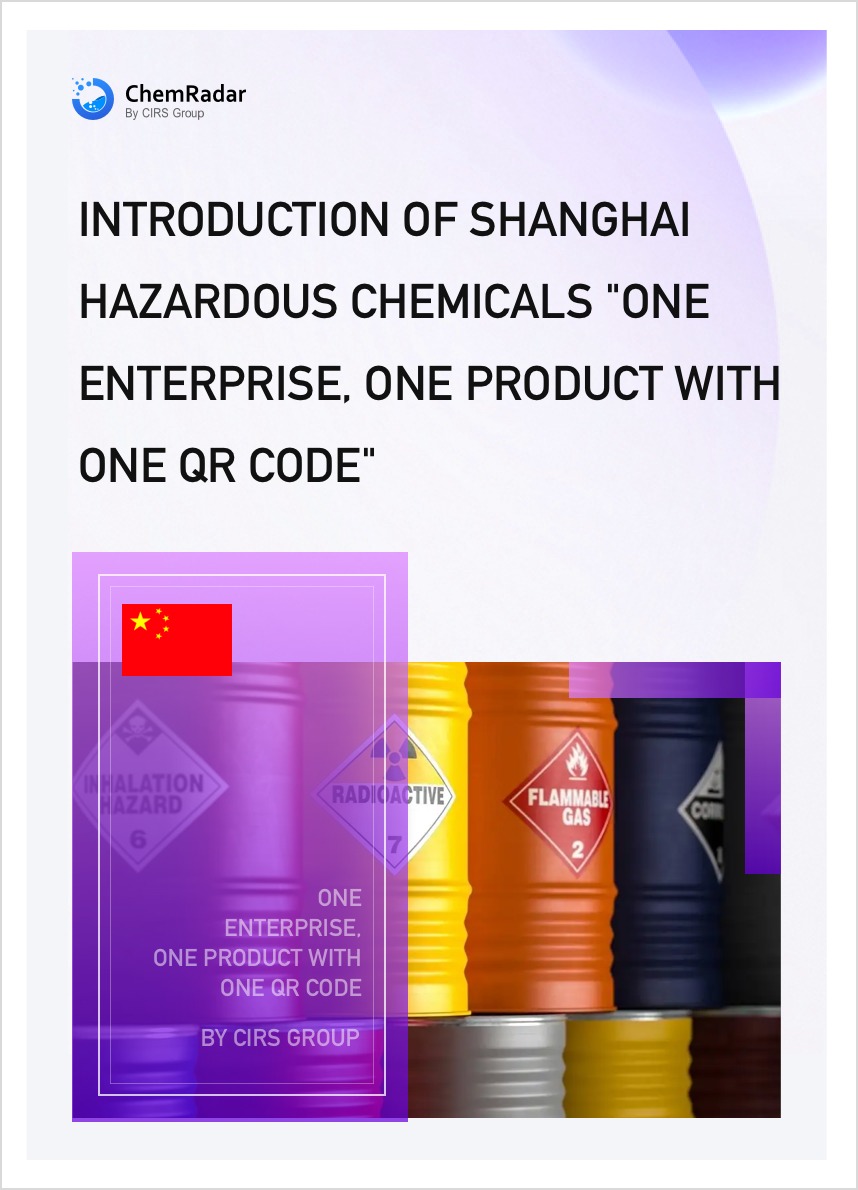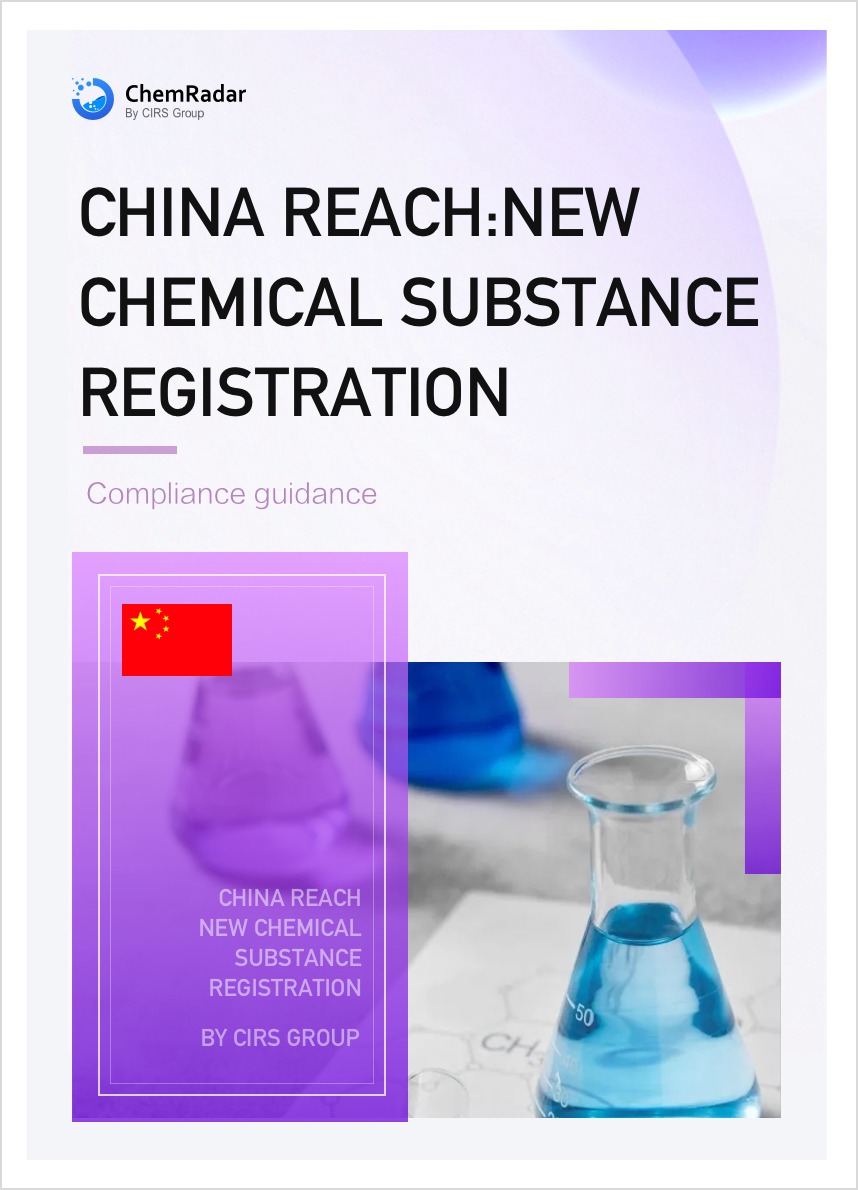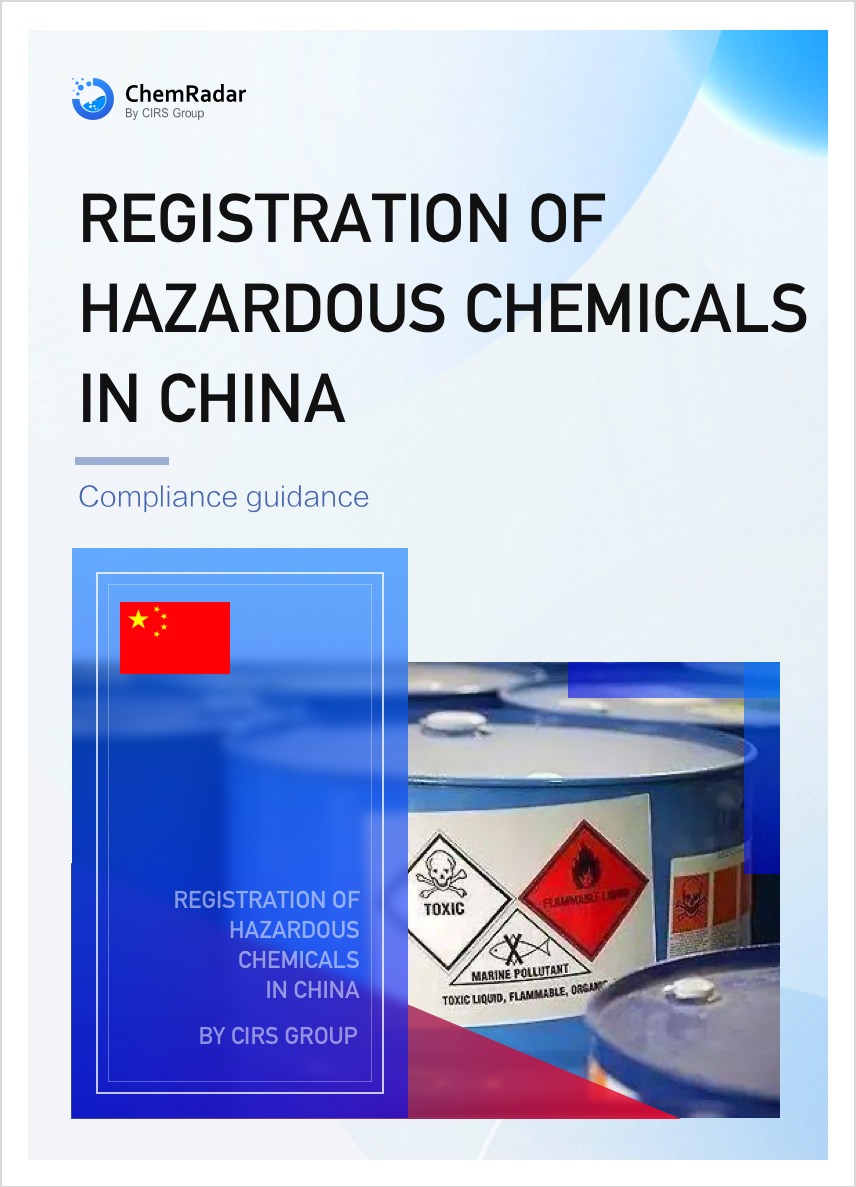On November 15, 2025, China's Ministry of Ecology and Environment (MEE) issued a significant announcement, imposing a production ban on Hydrofluorocarbons (HFCs) in specific household appliances. This move is based on the Regulation on the Administration of Ozone Depleting Substances and the China's National Plan for the Implementation of the Montreal Protocol on Substances that Deplete the Ozone Layer (2025-2030), fulfilling commitments under the Vienna Convention for the Protection of the Ozone Layer and the Montreal Protocol on Substances that Deplete the Ozone Layer, and aims to drive a green and low-carbon transition in the industry.
Announcement on Prohibiting the Production of Household Refrigerators and Freezers Using HFCs as Refrigerants (MEE Announcement No. 27 of 2025)
Specific Provisions:
- Production Ban: Effective January 1, 2026, the production of household refrigerators and freezer products using HFCs as refrigerants is prohibited.
- Product Scope: The household refrigerators and freezer products applicable under this announcement are defined according to the national standard Household and Similar Refrigerating Appliances (GB/T 8059-2016). They are insulated cabinets comprising one or more compartments, capable of being controlled at specific temperatures, with volumes and structures suitable for household use, using natural or forced convection, and consuming one or more energy sources to extract heat. This includes household refrigerators and freezers for export, but excludes car refrigerators.
Background
Since joining the Montreal Protocol, China has continuously worked on phasing out and finding alternatives for Ozone-Depleting Substances (ODS) for controlled uses. The country has successfully phased out five major categories of ODS: CFCs, halons, carbon tetrachloride, methyl chloroform, and methyl bromide. In 2021, China accepted the Kigali Amendment, which controls HFCs, thereby initiating actions to phase down HFCs.
Currently, the production of household refrigerators and freezers in China primarily uses the low-carbon, environmentally friendly natural refrigerant isobutane. Only a small number of products destined for export still use HFCs as refrigerants. Isobutane has been successfully applied for many years, with mature technology and a well-established industrial chain. Its adoption rate in the industry exceeds 90%, and it offers lower costs than HFCs, demonstrating significant comprehensive economic benefits.
Implementation, Oversight, and Enforcement
Ecology and environment authorities at all levels shall supervise and urge enterprises to strictly implement the above provisions, ensuring the effective phase-out of HFCs used as refrigerants in the household refrigerator and freezer industry. Enterprises that violate these provisions will be subject to penalties by the ecology and environment authorities in conjunction with relevant departments according to the law.
Further Information




